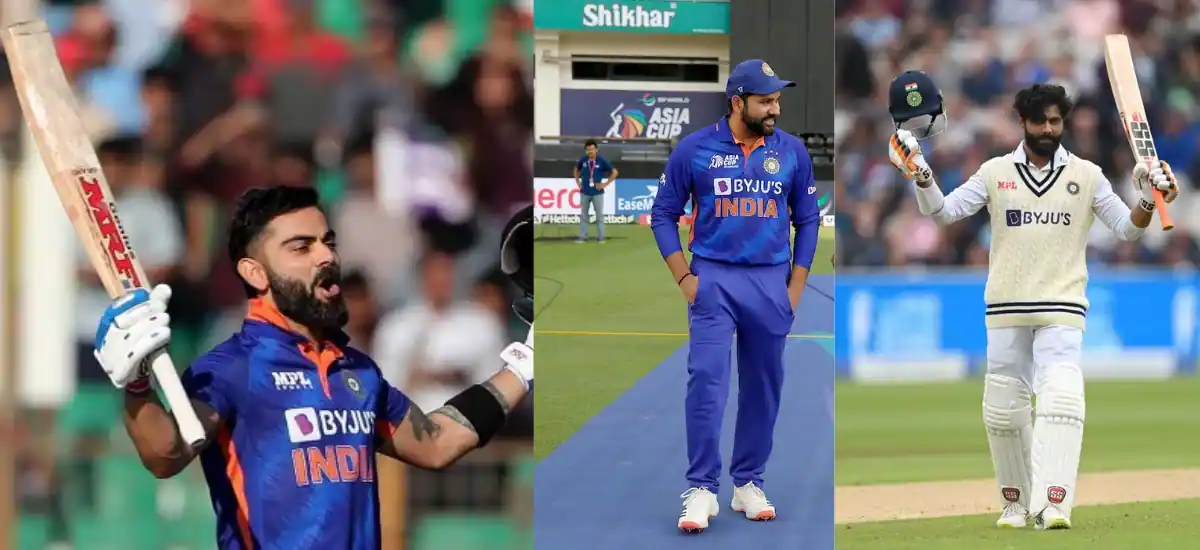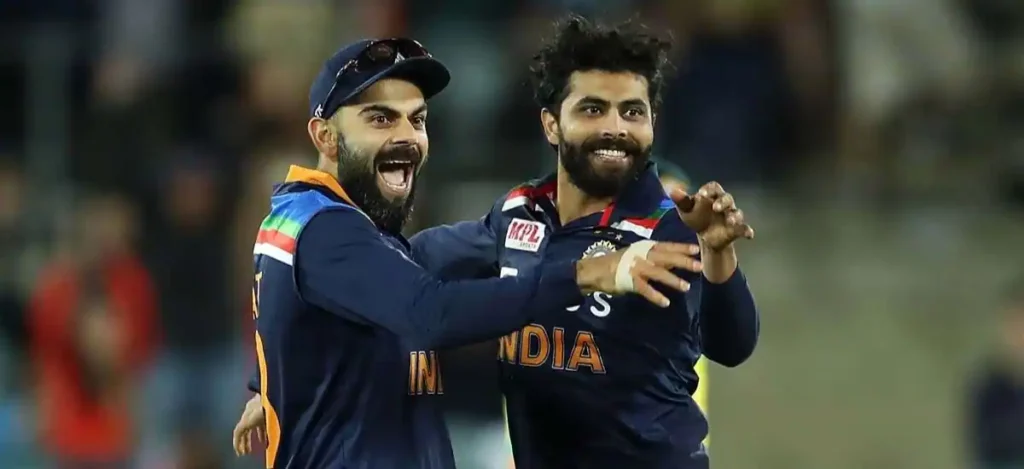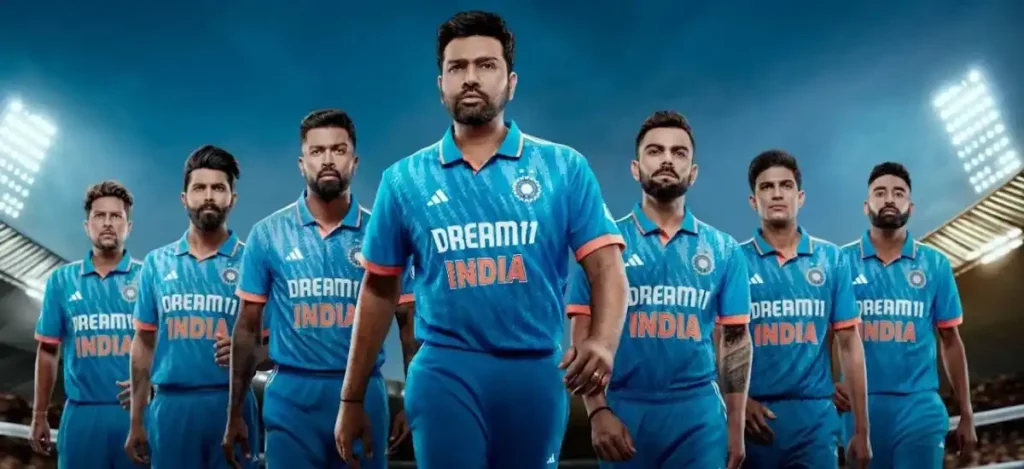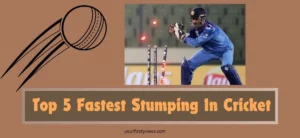
On the day of the T20 World Cup final, cricket fans around the world were hit with a bittersweet announcement. Three of India’s most celebrated cricketers, Virat Kohli, Rohit Sharma, and Ravindra Jadeja, declared their retirement from the T20 format. This marks the end of an era that saw these legends dominate the shortest format of the game with their extraordinary skills and leadership. As the cricketing fraternity bids farewell to these icons, the big question on everyone’s mind is: Who will fill their massive shoes?
The Legacy of Kohli, Sharma, and Jadeja

Virat Kohli:
- Matches: 115
- Runs: 4,008
- Average: 52.73
- Strike Rate: 137.96
- 50s/100s: 36/1
Rohit Sharma:
- Matches: 148
- Runs: 3,853
- Average: 31.32
- Strike Rate: 139.24
- 50s/100s: 29/4
Ravindra Jadeja:
- Matches: 64
- Runs: 457
- Average: 24.05
- Strike Rate: 124.78
- Wickets: 51
- Economy Rate: 7.10
Kohli and Sharma have been the backbone of India’s T20 batting lineup, while Jadeja’s all-round capabilities made him an indispensable part of the team. Kohli, known for his consistency and chasing ability, Sharma with his explosive starts and big hundreds, and Jadeja’s exceptional fielding and handy contributions with both bat and ball have set numerous records and provided countless memorable moments.
Potential Replacements

As the Indian team looks ahead, several young and talented players are poised to take up the mantle. Here’s a look at the potential candidates:
1. Yashasvi Jaiswal
- Matches: 13
- Runs: 413
- Average: 34.41
- Strike Rate: 130.03
- 50s/100s: 3/0
Jaiswal has shown immense promise with his aggressive batting style and ability to anchor innings. His performance in domestic cricket and IPL has been impressive, making him a strong contender for a top-order spot.
2. Shubman Gill
- Matches: 24
- Runs: 686
- Average: 28.58
- Strike Rate: 132.97
- 50s/100s: 5/0
Gill’s technique and composure at the crease make him a potential successor to Kohli. His adaptability across formats is a significant advantage for the Indian team.
3. KL Rahul
- Matches: 72
- Runs: 2,213
- Average: 37.77
- Strike Rate: 139.95
- 50s/100s: 20/2
Rahul has already established himself in the T20 format and is likely to take on a more prominent role. His versatility and experience will be crucial in the transition period.
4. Sanju Samson
- Matches: 18
- Runs: 311
- Average: 19.43
- Strike Rate: 135.15
- 50s/100s: 1/0
Samson’s explosive batting and wicketkeeping skills provide a dual advantage. Although his international career has been inconsistent, his domestic performances keep him in the reckoning.
5. Shreyas Iyer
- Matches: 49
- Runs: 1,031
- Average: 30.32
- Strike Rate: 136.85
- 50s/100s: 7/0
Iyer’s ability to stabilize the innings and accelerate when needed makes him a valuable asset. His leadership experience in the IPL adds to his credentials.
6. Rinku Singh
- Matches: 12
- Runs: 283
- Average: 25.73
- Strike Rate: 132.45
- 50s/100s: 2/0
Rinku Singh’s recent performances have turned heads. His hard-hitting capabilities and cool demeanor under pressure make him a potential finisher for the team.
7. Washington Sundar
- Matches: 36
- Runs: 104
- Average: 14.85
- Strike Rate: 121.17
- Wickets: 28
- Economy Rate: 7.24
Sundar is a likely candidate to fill the void left by Jadeja. His ability to bowl in the powerplay and contribute valuable runs down the order makes him a promising all-rounder.
Conclusion
Replacing legends like Virat Kohli, Rohit Sharma, and Ravindra Jadeja is no small task. However, India’s rich cricketing talent pool provides hope for a smooth transition. Each of these young players brings a unique skill set that can help fill the void left by these greats. As Indian cricket enters a new chapter, the journey of these rising stars will be keenly watched by fans and critics alike. The future looks promising as these players gear up to take Indian cricket to greater heights.
Read More:-






